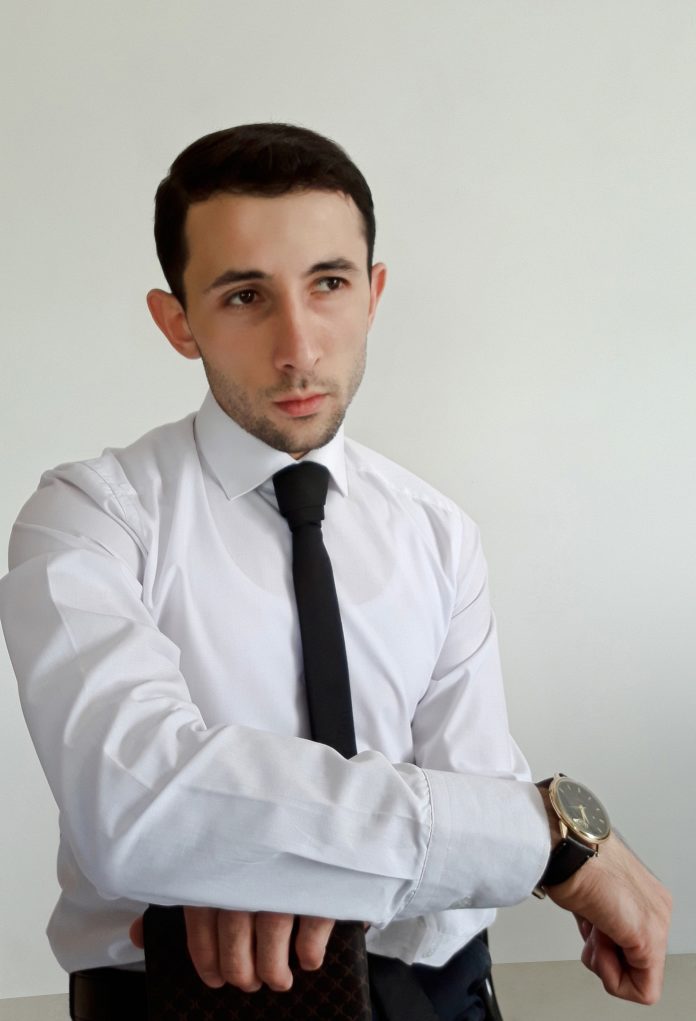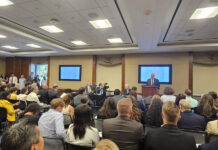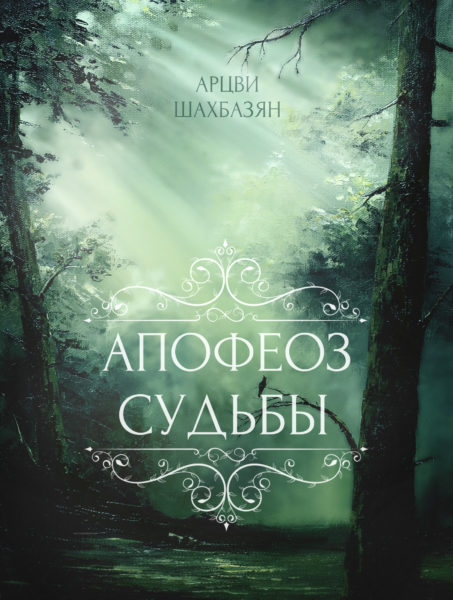YEREVAN / SAMARA, Russia — Russian poet and writer Artsvi Shahbazyan was born in 1992 in Kirovakan (now Vanadzor, Armenia), to an athlete and a reserve officer. In 2000, his family moved to Samara, Russia. As a teenager, Artsvi went in for sports, won the ninth open All-Russian boxing tournament among youngsters. As a teenager, he participated in literary competitions and repeatedly won places of honor.
Artsvi graduated from the Nayanov Samara State Regional Academy, Faculty of Philosophy. In 2008, his first collection of poems was published.
Shahbazyan is the author of a number of journalistic and philosophical articles, including “Contrasting Evil to the best of the Worlds of G. W. Leibniz,” which was included in the annual publication of the Samara State Regional Academy. His first novel, The Apotheosis of Fate, was published in 2020. Artsvi teaches history and prepares his new novel for publication, and is already working on a third book in the genre of modern prose.
Artsvi, Umberto Eco’s definition of a historical novel, which singled out three varieties of this genre. In my opinion, The Apotheosis of Fate refers to his third definition — to novels where figures familiar from popular encyclopedias are not necessarily brought to the stage. The action in your novel takes place not in Russia, Armenia, or other countries close to you, but in Germany, and in the 16th century, when, as the hero says, “A certain Luther made a big fuss.” But we can assume that history is just background for you, and the very development of faith, the spiritual self-awareness of a person, are much more important.
Answering the first question, I can’t help but pay tribute to Umberto Eco, from whom I learned the most difficult thing: maintaining a single style in the complex context of the historical novel. If we take the analysis seriously, we can see in the novel The Apotheosis of Fate the second definition of Professor Eco, where fictional intrigue develops against the background of quasi-historical details, and the heroes act “according to universal motives,” as well as the third one, where the actions of the heroes could only be committed in the historical period described.
If I said that the era has nothing to do with it, and the most important thing is the internal elements that the main characters must fight, then this would be a mistake on my part. The historical novel by its very nature has a complex structure, in which it is necessary to consider the main idea (theme) of the book in all its political, socio-cultural and religious completeness. Nevertheless, people have always been people: they fought with their weaknesses, fears and persistently rushed towards the light.









